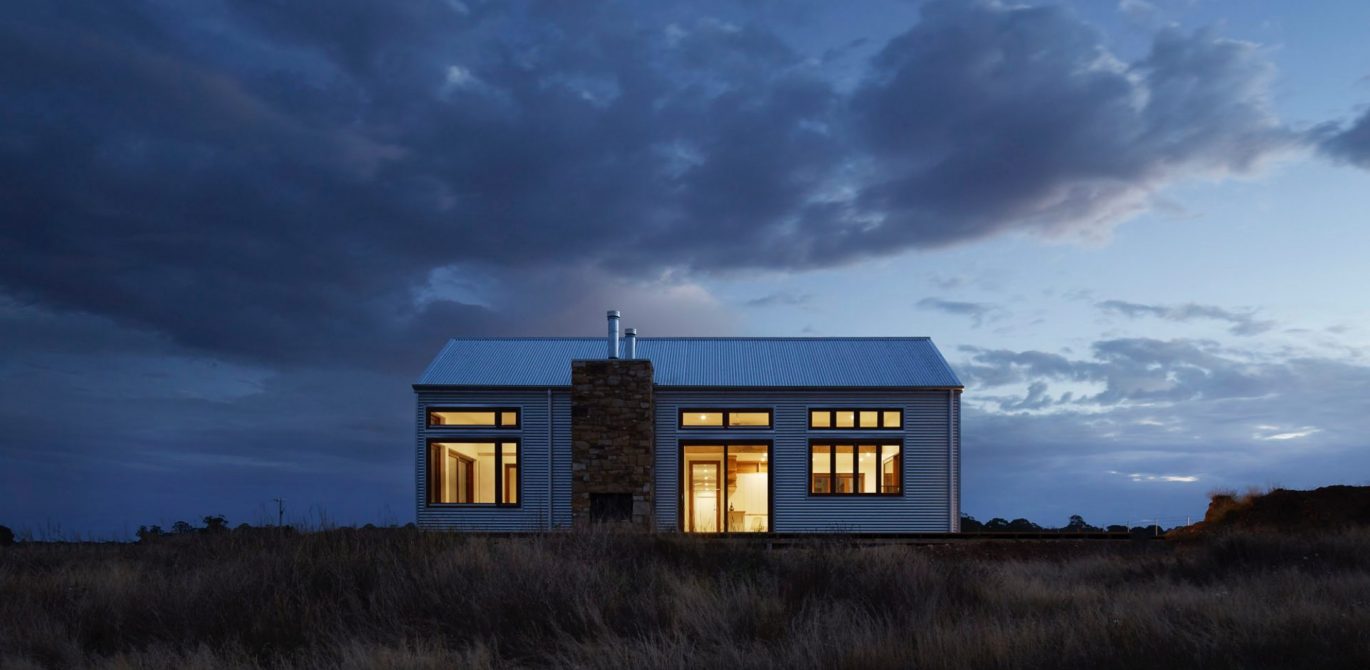So you’re enthused about building your rural retreat. The land is purchased, perhaps an existing property has been demolished, and you have a blank slate on which to create your dream country oasis.
Before you do carry out the build of your brand new rural sanctuary, there are some top tips to bear in mind.
Will your rural retreat be a working/hobby farm?
If you’re intending to make a living off your land, there are a few need-to-knows before you plant those crops or buy up some livestock. Make sure you understand what the soil quality is like, whether the water supply is adequate and what the demands of the climate are. Those things will help you find the perfect position for your buildings, and guide you towards a design that works with the land and not against it.
Views
One of the charms of building a property from scratch is that your outlooks can be carefully selected and the floor plan of your property designed accordingly. Spend some time on the land enjoying the vista and make a note of where the sun falls at different times of day. That will allow you to factor those views into your design, whether it’s a glass wall overlooking the water or an entertainment patio in the midst of a vineyard.
Style
What functions will your homestead serve and what do you want your property to say about you? If you aren’t certain on the exact look of the property that you foresee on your land, get researching. Looking online for examples of properties is easier than ever before. Research builders, their existing designs and established homes in your town to help you compile a wish list of what you want. If there is a design era that you want to hark back to, such as Federation, take note of this too, and discuss this with your builder or architect.
Energy efficiency
Building a brand-new property presents a tremendous opportunity to go down the path of new offerings in technology, energy efficiency and ultimately cost-savings. Do your research with this in mind, and work out where you want to implement energy-efficient features within your home. This can extend to heating, cooling, power supply, and lighting. Look into solar rebates, and see if rebates will apply to your build. The kinds of appliances that will be fitted into your home can also all be selected based on their energy rating too.
Factoring these into your initial design and build will mean not having to look back later on and wish you had embraced such inclusions earlier.
A tree change, literally
This will be particularly relevant if you’re opting for a move to the country after years in a city or busy suburb. If you’re opting for a tree change, the trees on the property, their type, their upkeep and proximity to your home will need to be addressed. If you have an abundance of existing trees; great. Discuss where the home will be in relation to them; as they can be functional too. For example, you may want an outdoor entertaining area, or picnicking area close to the property, or verandah. You may also utilise existing vegetable planters, play areas and well-shaded areas, not too far from your future homestead.
When to build
We all hear of stories from weary home-owners whose house builds have been delayed for one reason or another. If you want to mitigate the chances of your dream rural escape being prolonged, be upfront about this with your selected builder, or contractors. Be aware that if your new property is in a remote spot, supplies might take a while to get to you. In some parts of Australia, the weather can also affect road access so do factor that in.
Also discuss the benefits of working around the seasons to build and query about using local labour hire from your nearest township: it’s a great way to become part of your new community right from the start, and you’ll benefit from the local connections and resourcefulness should things hit a snag.
Maintaining knowledge at each and every phase of design and build will ensure that you are in the know. When your rural retreat is turnkey ready, you should already be ready for the vibrant new country life that awaits.
